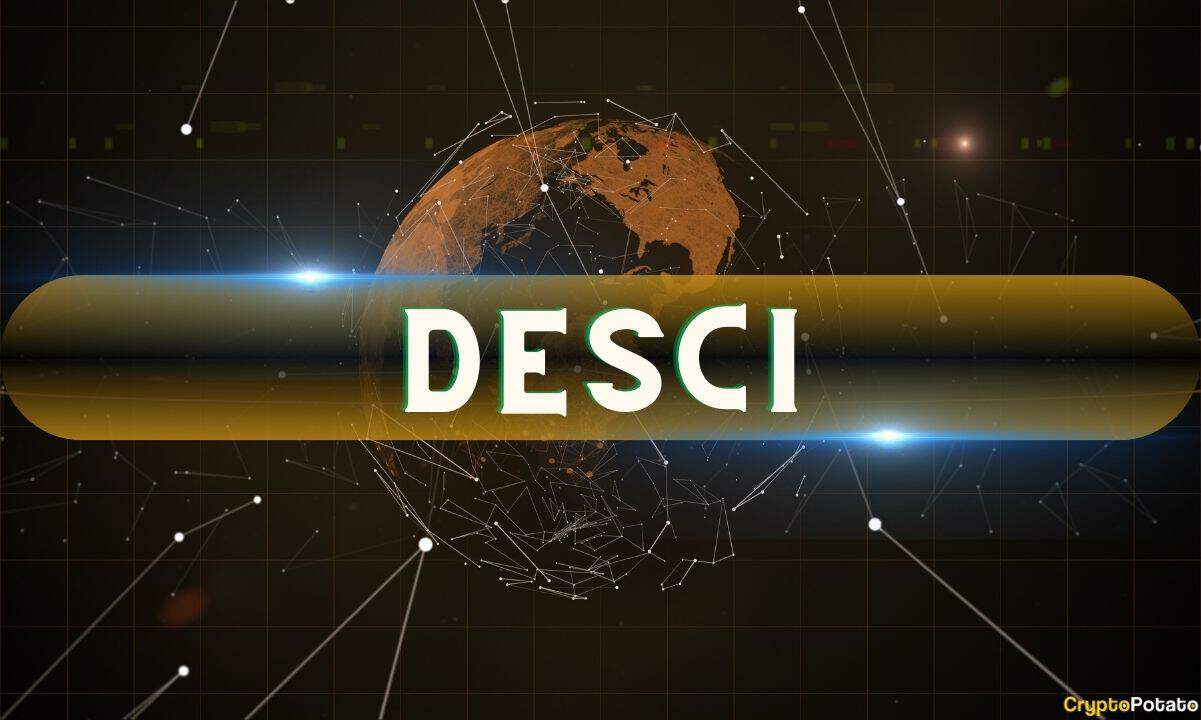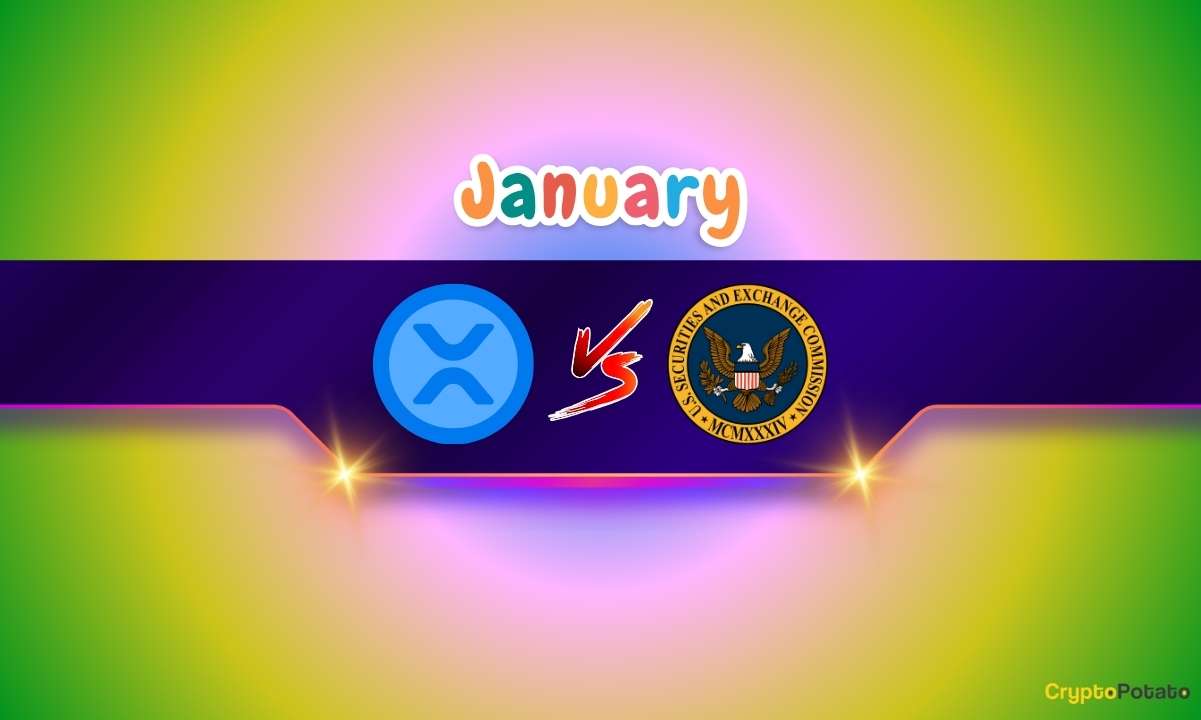
The scientific research process faces major hurdles, especially in converting basic research into real-world applications through translational research. The “Valley of Death” results in 80-90% of research projects failing before reaching human trials, with only 0.1% of drug candidates becoming approved treatments.
Misaligned incentives among academia, funding organizations, and industry exacerbate issues like insufficient funding, weak collaboration between scientists and clinicians, and poor reproducibility, causing many projects to fail. But, decentralized science could be the answer to these inefficiencies.
Addressing ‘Valley of Death’
According to Binance Research, Decentralized Science (DeSci) leverages Web3 technologies to reshape the research model. Its latest report revealed that blockchains offer a trustless mechanism for coordinating funding and provide a transparent, immutable system for tracking progress while aligning stakeholder interests.
The key areas, such as lack of funding, reduced collaboration between scientists and clinicians, and poor replicability and reproducibility of scientific findings, can be tackled by DeSci.
For instance, DeSci can address funding gaps by utilizing Decentralized Autonomous Organizations (DAOs) as a capital formation mechanism. DAOs unite patients, researchers, and investors with aligned goals of advancing research to the clinical stage and eventual commercialization. As such, transparent decision-making is enabled through token governance, with smart contracts enforcing funding milestones, tokenizing intellectual property, and distributing fractional ownership to participants.
This new sector can address reduced collaboration by creating DAOs where researchers and clinicians align on research goals and outcomes from the start. IP tokenization rewards both parties fairly, while incentivized peer review systems encourage clinicians to offer early input. On-chain reputation systems highlight contributions, boosting trust and collaboration across the scientific community.
DeSci can also improve reproducibility by using blockchain to log research methods transparently and make experiments easier to replicate. Web3 platforms allow the open sharing of all results, including failed studies, and address publication bias. Meanwhile, decentralized storage ensures data safety, faster retrieval, and better collaboration, increasing trust in scientific findings.
DeSci Projections
Despite its potential, DeSci remains in its infancy, with a market cap of $1.75 billion across 57 projects on CoinGecko – relatively small compared to DeFAI at $2.7 billion, with 41 projects and the broader crypto AI market valued at $47 billion.
“To sum it up, decentralized science is already mature enough to impact the way scientific research is being conducted today. While there are some gaps and challenges in the current landscape, tackling the “Valley of Death” in research is already a huge step forward.”
Binance Free $600 (CryptoPotato Exclusive): Use this link to register a new account and receive $600 exclusive welcome offer on Binance (full details).
LIMITED OFFER for CryptoPotato readers at Bybit: Use this link to register and open a $500 FREE position on any coin!

